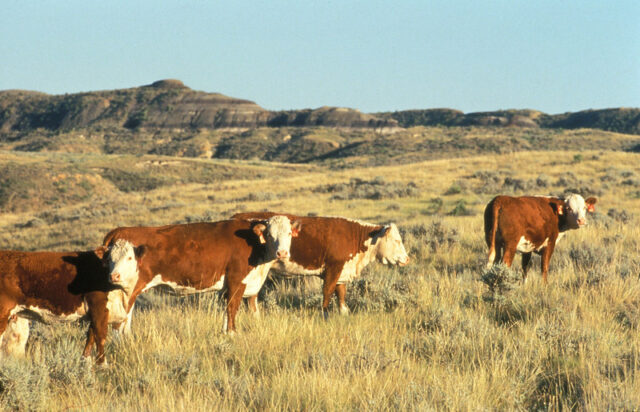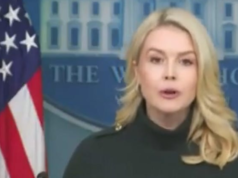Thanks to President Donald Trump’s leadership, families are finally catching a break at the grocery store as prices for eggs, bread, vegetables, and fruit ease. But at America’s dinner table, staples like ground beef, steak, and ribs are being priced as luxuries – and the U.S.-Mexico cattle crisis is to blame.
How so?
The U.S. normally imports about a million head of cattle from Mexico each year. These aren’t finished animals ready for slaughter, but feeder cattle – young stock that American ranchers fatten in feedlots before they become the steaks and burgers we put on the grill.
In 2025, however, that supply has slowed to a trickle.
The culprit? A deadly parasite known as the New World Screwworm, and its rapid spread through southern Mexico has forced the U.S. to impose bans and heavy restrictions on live cattle imports.
As a result, ports of entry in Texas, Arizona and New Mexico that once handled thousands of cattle now sit idle.
And for hardworking Americans, the outlook is grim: the U.S. Department of Agriculture projects beef prices will climb by 10 percent this year, with staples like ground beef and steak rising even higher. With fewer cattle entering the U.S. market, supply is tightening – and families are paying the price.
The cattle crisis, however, is exposing a bigger problem: a food security emergency as our domestic cattle herd has shrunk to a 70-year low.
For years, Washington’s overreliance on foreign cattle masked the cracks in our own system. Now, instead of serving as a safety valve, the southern border has become a choke point – strangling America’s beef supply.
And food isn’t optional. I’ve been friends with President Donald Trump since 1979, and I know he’s a man who loves a good steak. If beef becomes unaffordable, working families will be forced into impossible choices: a burger for the kids, a steak for a spouse, or keeping the lights on.
But all is not lost. By working with Mexico to stamp out the screwworm outbreak at its source – and by fast-tracking safe, inspected cattle across the border – we can keep healthy animals from being needlessly stuck in limbo.
At the same time, we must stand shoulder to shoulder with America’s ranchers – cutting red tape, lowering feed costs and giving them the tools to rebuild our herds and secure our beef supply for the future.
Because food security is national security – and a nation that cannot feed its families cannot remain strong.










